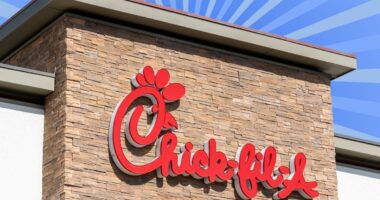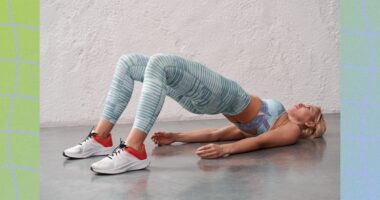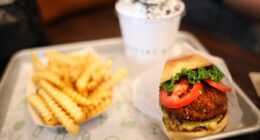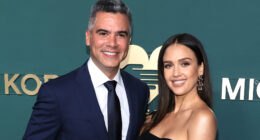Rhinoplasty, a surgical procedure designed to enhance the aesthetic appearance of the nose, demands careful consideration not only during the operation but also in the pre and postoperative phases. A critical yet often overlooked aspect is the role of nutrition in the success of the procedure. In this comprehensive guide, we delve into the intricacies of what to eat before and after rhinoplasty surgery, shedding light on the foods that can optimize healing and minimize complications.
Preoperative Nutrition: Building a Foundation for Success
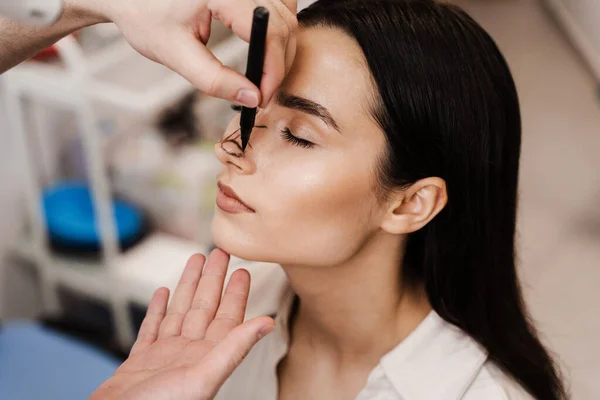
Protein-Packed Preparations
Before undergoing rhinoplasty, incorporating a diet rich in high-quality proteins is paramount. Proteins play a crucial role in tissue repair and regeneration, making them indispensable in the preoperative phase. Opt for lean protein sources such as chicken, fish, tofu, and legumes. These foods provide the necessary amino acids, laying the groundwork for a robust healing process.
Essential Fats for Inflammation Control
Incorporating healthy fats into your diet is another preoperative strategy. Omega-3 fatty acids, found in abundance in fatty fish like salmon and flaxseeds, possess anti-inflammatory properties that can contribute to a smoother recovery process. These fats not only aid in controlling inflammation but also promote overall skin health.
Hydration: The Unsung Hero
Amidst the focus on solid foods, the significance of adequate hydration should not be underestimated. Hydration is a cornerstone of optimal bodily function, and maintaining it is crucial before surgery. Adequate water intake aids in preventing dehydration, which can be exacerbated during surgical procedures.
Preoperative Dietary Considerations: A Recap
- Lean proteins such as chicken, fish, tofu, and legumes.
- Healthy fats rich in omega-3s, are found in salmon and flaxseeds.
- Adequate hydration to prevent dehydration and support bodily functions.
Postoperative Nutrition: Nurturing the Healing Process
Soft and Nutrient-Dense Choices
Following rhinoplasty, the focus shifts to foods that are easy to chew, nutrient-dense, and gentle on the digestive system. Consider incorporating soft foods like soups, pureed vegetables, and smoothies into your postoperative diet. These options ensure that your body receives essential nutrients without imposing additional stress on the healing areas.
Vitamin-Rich Recovery
Vitamins play a pivotal role in the healing process, and postoperative nutrition should emphasize foods rich in these essential nutrients. Vitamin C, known for its role in collagen synthesis, is particularly crucial. Citrus fruits, strawberries, and bell peppers are excellent sources that can contribute to the strength and elasticity of the healing tissues.
READ RELATED: Jack In the Box Is Opening 123 Restaurants In 4 New States
Minerals for Bone Health
Rhinoplasty involves alterations to the bone structure of the nose, making minerals like calcium and phosphorus essential for postoperative recovery. Dairy products, leafy greens, and nuts are excellent sources of these minerals, promoting bone health and aiding in the restoration of the nasal structure.
Hydration: A Continuing Imperative
Just as in the preoperative phase, maintaining proper hydration remains vital post-surgery. Water supports the body’s natural healing mechanisms, flushes out toxins, and helps prevent complications such as infections.
Postoperative Dietary Considerations: A Recap
Additional Tips for Optimal Recovery
Herbal Teas and Their Healing Touch
In the postoperative period, consider incorporating herbal teas known for their soothing properties. Chamomile and peppermint teas, for instance, can aid in reducing inflammation and providing a calming effect.
Mindful Eating for Well-Being
Beyond the specific food choices, adopting a mindful eating approach can further enhance the recovery process. Paying attention to chewing slowly and savoring each bite not only aids in digestion but also promotes a sense of well-being.
What Expert Says
Here are some expert opinions on what to eat before and after rhinoplasty surgery: Dr. Steven Hoefflin, MD, FACS, a board-certified plastic surgeon in New York City: "Nutrition plays a vital role in healing and recovery after any surgery, and rhinoplasty is no exception. Eating a healthy diet before and after surgery can help to promote faster healing, reduce swelling, and minimize the risk of complications. In the days leading up to surgery, it is important to focus on consuming plenty of fruits, vegetables, and whole grains. These foods are packed with nutrients that are essential for healing, such as vitamin C, zinc, and iron. Additionally, it is important to stay hydrated by drinking plenty of water. After surgery, it is important to continue to eat a healthy diet, but it is also important to be mindful of the foods you choose. Avoid eating hard, crunchy, or spicy foods, as these can irritate the surgical site and prolong healing. Instead, opt for soft, bland foods that are easy to chew and swallow. Examples of good post-surgery foods include yogurt, soup, smoothies, and mashed potatoes." Dr. Andrew Weil, MD, a renowned integrative medicine physician: "In addition to eating a healthy diet, there are a few other things you can do to optimize your nutrition before and after rhinoplasty surgery. First, consider taking a multivitamin and mineral supplement to ensure you are getting all the nutrients your body needs. Second, make sure you are getting enough protein, as protein is essential for tissue repair. Third, avoid smoking and excessive alcohol consumption, as these can slow down healing. Finally, get plenty of rest, as this is important for your body to recover." Dr. Mehmet Oz, MD, a renowned cardiothoracic surgeon and television personality: "Nutrition is just one part of the puzzle when it comes to recovering from rhinoplasty surgery. It is also important to follow your surgeon's instructions carefully, including taking any prescribed medications and keeping the surgical site clean and dry. Additionally, it is important to avoid strenuous activity for several weeks after surgery to allow the healing process to occur properly." Following these expert recommendations can help ensure a smooth and successful rhinoplasty recovery.
Final Thoughts
As you embark on your rhinoplasty journey, remember that nutrition is a powerful ally in ensuring a smooth and successful outcome. By being mindful of what to eat before and after rhinoplasty surgery, you contribute to your body’s resilience and ability to heal effectively. Consult with your healthcare provider for personalized dietary recommendations tailored to your unique needs, and embrace the transformative power of nourishing your body for optimal recovery.



